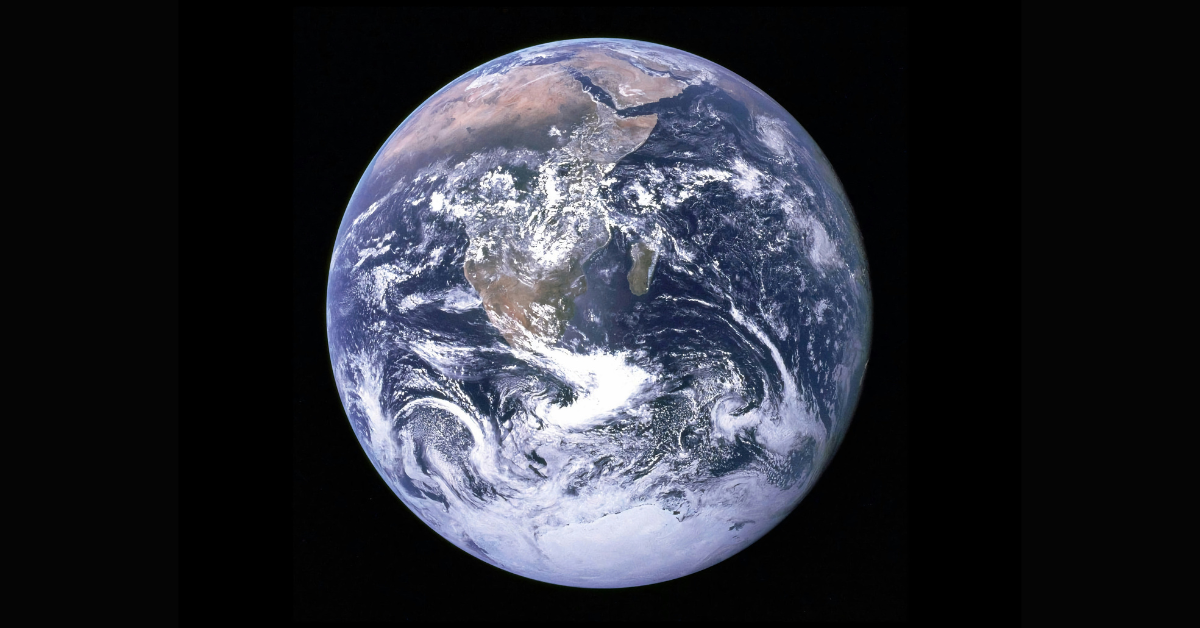Just How Far Away Is K2-18b — The Exoplanet Scientists May Have Just Found Signs of Life On?
The planet is more than double the size of Earth.
Published April 18 2025, 3:22 p.m. ET

Scientists discovered what they believe to be signs of life on a distant planet, known as K2-18b. They are basing their claims on the discovery of molecules that are similar ones located on Earth, and that are only known to be produced by living organisms.
K2-18b first hit their radars in 2015, when the exoplanet was spotted using the Kepler Space Telescope.
Since then, they continue to understand more about the distant planet, including how far K2-18b is from Earth, and what the chances are that the planet has the life sustaining properties that experts have been hunting for.
You can learn more about their discoveries below.

What is K2-18b's distance from earth?
K2-18b is located more than 120 light-years from Earth, according to USA Today. It exists in another solar system, which revolves around a red dwarf star.
For those who are unfamiliar with light-years, NASA explains that they are commonly used as a frame of reference for celestial travel, since they measure the amount of time that light would take to travel to a point in space. According to the space organization, light can travel 11,160,000 miles in a single minute.
So, when we say that something is 120 light-years away, that means that it would take 120 years for the light to reach that spot. But, we know that light travels much quicker than humans do. And, when we are talking about a distance of 120 light-years, which the BBC says is close to 700 trillion miles, it would take humans a very, very, very long time to get there.
In fact, with the technology currently at our disposal, it's unlikely that any humans will be able to travel to the planet in our lifetime. However, it may not be out of question to hope that maybe lifeforms from K2-18b could travel to us instead.
Is there alien life on K2-18b?
The planet exists in what is affectionately referred to as a Goldilocks zone, which means that it's close enough to the sun to keep from getting too cold, and far enough from the sun to get too hot, making conditions "just right" for life. That, combined with the discovery researchers believe they've made on the planet, which include one to two molecules that are only produced by living organisms on Earth, it seems like chances are high that at least something calls K2-18b home.
However, nobody is ready to make that call until they can find reasonable proof of life, according to the BBC, even if it is just one little organism.
That being said, any life discovered on another planet would be considered alien, despite not looking exactly how TV and movies would have us believe. That means a fish, a tree, or even a single sample of bacteria could technically get labeled as alien life.
Unfortunately, those life forms probably wouldn't have the technology to travel through solar systems either, but having confirmation that they even exist could be enough for those who are hoping to find that we aren't alone in the universe.